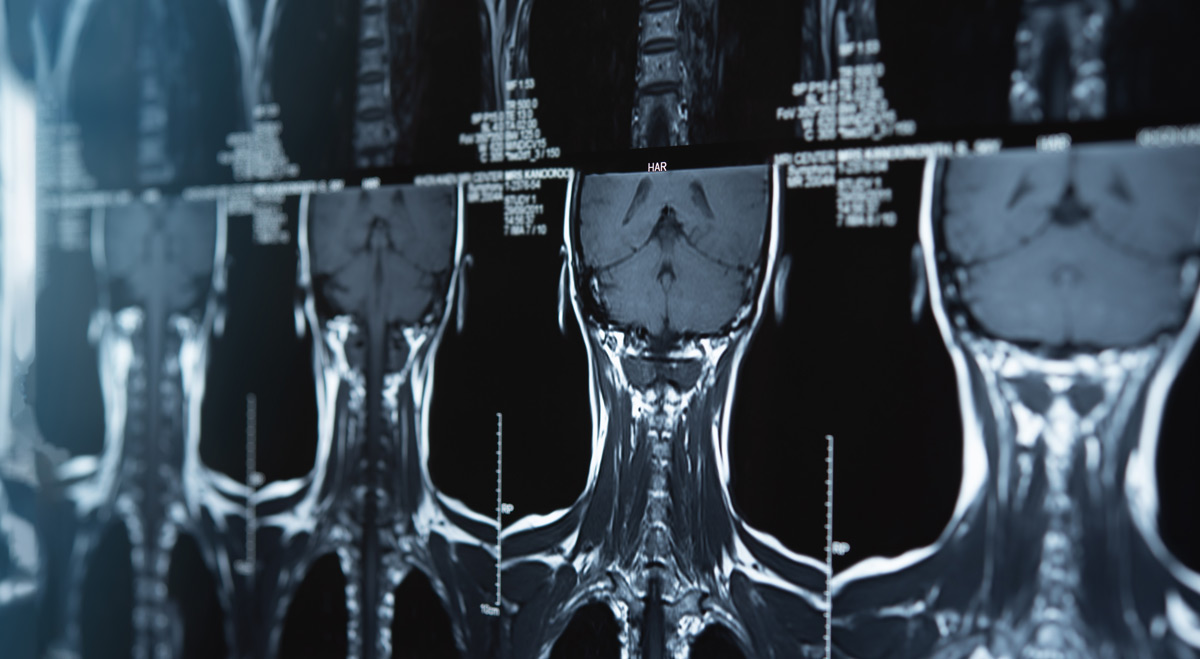
An international research team, co-led by researchers at the University of British Columbia, has received a $48 million grant (US$36.5M) for research that aims to improve long-term outcomes for patients with spinal cord injury (SCI).
The five-year project—made possible through a grant from the United States Defence Advanced Research Project Agency (DARPA)—will revolutionize SCI treatments using innovative, implantable technologies.

Dr. Brian Kwon
“Never before has an agency committed funding of this magnitude for spinal cord injury and set such a high bar to demand not just incremental, but truly transformative solutions,” said Dr. Brian Kwon, the project’s co-principal investigator, Canada Research Chair in Spinal Cord Injury and professor in the UBC faculty of medicine’s department of orthopaedics.
The research team is tackling the entire continuum of care, beginning with the stabilization of acute injury using revolutionary biologic and engineering techniques. They will also address the challenges of chronic paralysis by regenerating lost connections between the patient’s brain and spinal cord through the delivery of neural stem cells to the injury site through a 3D-printed biodegradable scaffold.
With the aim of restoring lost function in people living with SCI, the researchers will also use implantable technologies to electrically stimulate the spinal cord and record signals from the brain to drive voluntary movements.
“There is an enormous need to advance treatment options for people living with spinal cord injury here in Canada and around the world,” said Dr. Dermot Kelleher, Dean of UBC’s faculty of Medicine and Vice President, Health at UBC. “This award represents an unprecedented opportunity to embrace cutting-edge technologies to accelerate the translation of research to patient care.”
“This award represents an unprecedented opportunity to embrace cutting-edge technologies to accelerate the translation of research to patient care.”
Dr. Dermot Kelleher, Dean of UBC’s Faculty of Medicine and Vice President, Health at UBC
ICORD scientists Dr. Babak Shadgan, assistant professor in UBC’s department of orthopaedics, and Dr. Chris West, assistant professor in UBC’s department of cellular and physiological sciences, will also play key roles in the DARPA initiative.
The UBC team will lead the project’s acute injury stabilization efforts, developing fully implantable technologies to monitor the status of the injured spinal cord. This information will then be fed into an electrical stimulation system that will control a patient’s blood pressure to optimize delivery of blood and oxygen to the damaged spinal cord tissue.
Their aim is to see this technology implanted into an acutely injured patient with SCI at Vancouver General Hospital (VGH) by the final year of the DARPA grant.
“Thanks to the rich multi-disciplinary research and clinical environment at UBC and VGH, we have a unique opportunity to bring scientific discovery to human application,” said Kwon, a spine surgeon at VGH and associate director of clinical research at the International Collaboration on Repair Discoveries (ICORD). “We have our sights set high on making a real difference in the lives of those who have been severely affected by spinal cord injury.”
The international research group is being led by Dr. Karen Moxon at the University of California, Davis, in conjunction with Kwon at UBC, Dr. Gregoire Courtine at École Polytechnique Fédérale de Lausanne, and Dr. Mark Tuszynski at the University of California, San Diego.
The project team is comprised of 12 institutions: UBC, UCDavis, UCSD, EPFL, UC San Francisco, University of Calgary, biotech startups Pathonix Innovation Inc., GTX Medical, and Teliatry, non-profit institutions Wyss Center for Bio and Neuroengineering, and Battelle Memorial Institute and a regulatory consultant firm NetValue BioConsulting Inc.